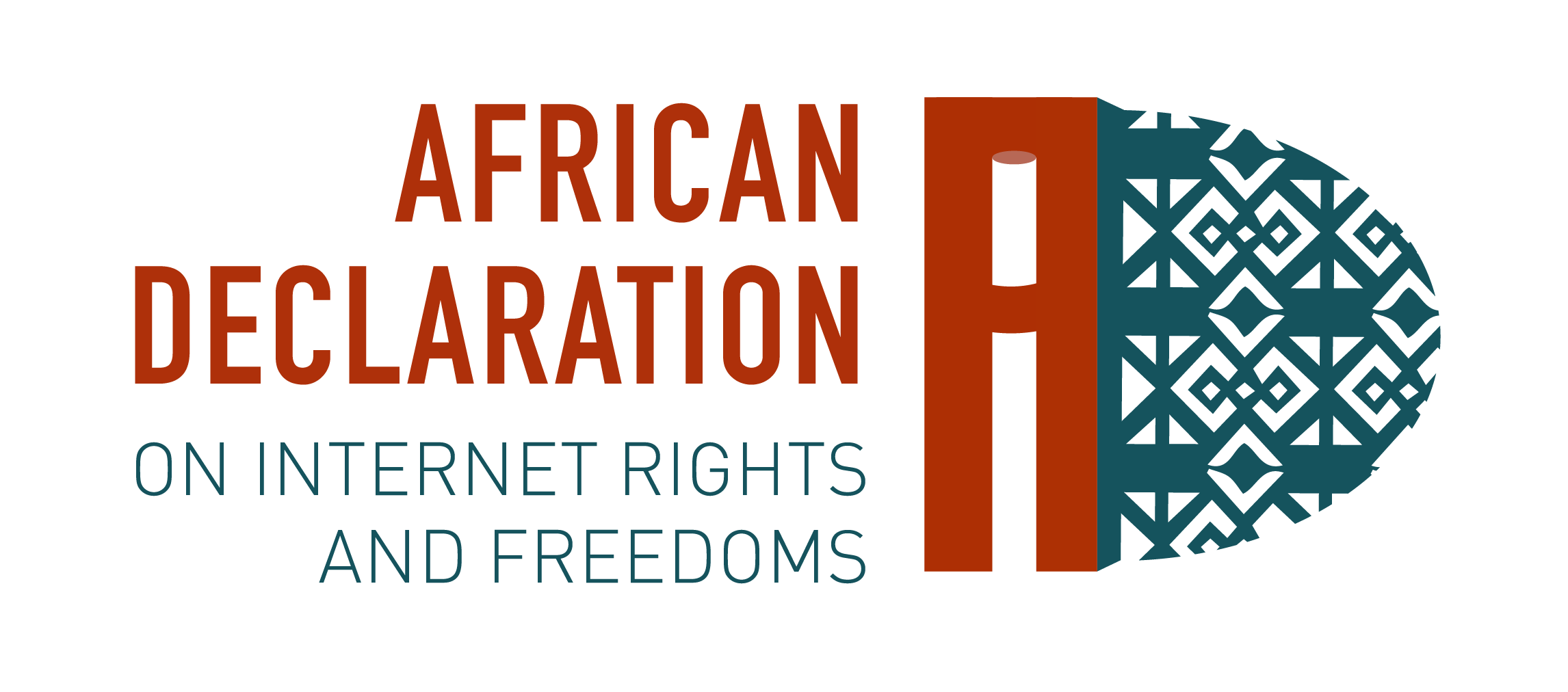This article is part of Arrow for Change, a publication showcasing various perspectives and voices on the right to freedom of expression.
Community networks should consider developing a business model that will guarantee that the network will run with or without outside support from the onset. This will be the focus of fourth session of the Virtual Summit on Community Networks in Africa, taking place on 27 Janu...
In a partnership with APC and Rhizomatica's LocNet initiative, 48percent.org is supporting five organisations, in Argentina, India, Mexico, Nigeria and Uganda, in their efforts to strengthen community networks and respond to the challenges in the face of COVID-19.
 Connecting the Unconnected: Supporting community networks and other community-based connectivity initiatives
Connecting the Unconnected: Supporting community networks and other community-based connectivity initiatives
This project will contribute to an enabling ecosystem for the emergence and growth of community networks and other community-based connectivity initiatives in developing countries. It is part of a multi-year, multi-donor strategy envisaged to address the human capacity and sustainability challenges, along with the policy and regulatory obstacles, that limit the growth of community-based connectivity initiatives.
 Challenging hate narratives and violations of freedom of religion and expression online in Asia
Challenging hate narratives and violations of freedom of religion and expression online in Asia
This project seeks to protect and promote respect for freedom of religion and expression on the internet, particularly by countering hate speech online on the basis of religion, and generating narratives and discourse that defend secular and diverse opinions touching upon religion. The three-year project focuses on five countries in South and Southeast Asia: Bangladesh, India, Indonesia, Myanmar and Pakistan.
 FIRN: Feminist Internet Research Network
FIRN: Feminist Internet Research Network
The Feminist Internet Research Network is a three-and-a-half-year collaborative and multidisciplinary research project led by APC, funded by the International Development Research Centre. The project draws on the study “Mapping research in gender and digital technology”, and the Feminist Principles of the Internet collectively crafted by feminists and activists, primarily located in the global South.
Global Information Society Watch (GISWatch) is an annual report co-produced by the APC network and partners, which looks at the progress being made in creating an inclusive information society worldwide (particularly in implementing WSIS goals), encourages critical debate, and strengthens networking and advocacy for a just, inclusive information society.
Unprecedented levels of surveillance, data exploitation, and misinformation are being tested across the world. It is important to examine how these technological solutions will impact democracy at the global level, both during this emergency period and moving forward.
GenderIT and Locnet invited women who work in CNs to share their experiences in the times of COVID-19 and their reflections on what these times have revealed around centering meaningful communication in their physical and digital communities.
GenderIT and Locnet invited women who work in CNs to share their experiences in the times of COVID-19 and their reflections on what these times have revealed around centering meaningful communication in their physical and digital communities.
Columns

David Souter writes a weekly column for APC, looking at different aspects of the information society, development and rights. David’s pieces take a fresh look at many of the issues that concern APC and its members, with the aim of provoking discussion and debate. Issues covered include internet governance and sustainable development, human rights and the environment, policy, practice and the use of ICTs by individuals and communities.
This volume showcases various perspectives on the right to freedom of expression and speech in the Asia-Pacific region, including contributions from Gayatri Khandhadai, APC's Asia policy regional coordinator, and Shubha Kayastha, director of Body and Data, an APC member organisation in Nepal.
May First expresses concern over the events of 6 January 2021, which clearly demonstrate there is a large, organised and growing fascist movement in the United States, propelled by a false narrative framed and propagated by right-wing media and right-wing forces using the internet.
As Uganda heads to presidential and parliamentary elections in January 2021, digital communications have taken centre-stage and are playing a crucial role in how candidates and parties engage with citizens.
Videos from Brazilian NGO Intervozes have been removed from YouTube for alleged copyright infringement. State Judicial branch recognized the illegality of the Content ID mechanism.
This new report jointly published by the Korean Progressive Network Jinbonet and the Institute for Digital Rights summarises digital rights violations during the response to COVID-19 in South Korea.
Ola Bini is a computer expert and human rights defender facing a political-judicial process in Ecuador since April 2019. The undersigned Ecuadorian and international civil society organisations have set up a mission to observe the preparatory hearing and trial evaluation of 3 December 2020.
This report focuses on the content of the right to freedom of expression and gives an assessment of restrictions to the right in Southern Africa. Through this report, we have identified key trends and recommendations for states, private sector actors and civil society to consider in the deve...
This report presents the findings of interviews and surveys of APC members and partners who were recipients of funding through its core subgranting programme, supported by Sida, and of subgrants offered through other APC projects, as well as staff working on subgranting in the organisation.
























